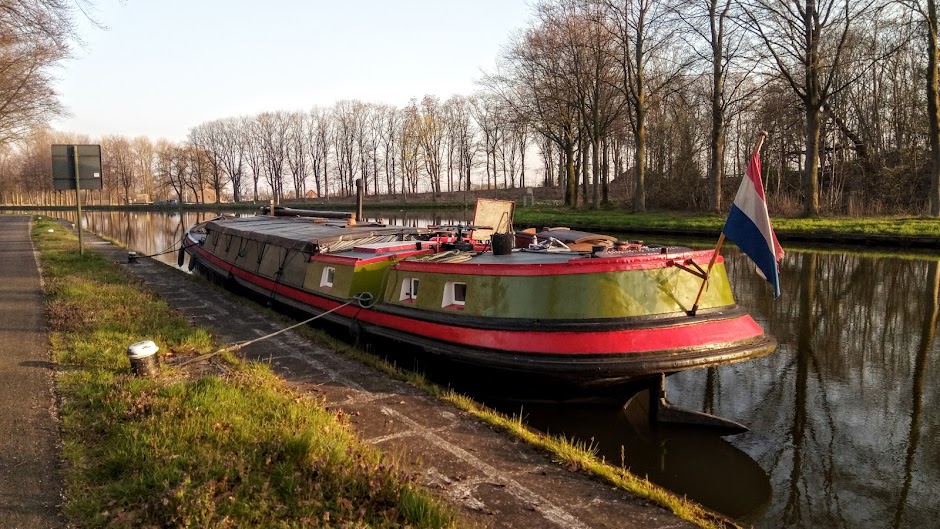Val: Carol, we’ve been
bloggees and twitter pals for a couple of months now. I have really enjoyed
your blog and am intrigued by your adventures in law and disorder, but I still
don’t really know what motivated you to write your YA books on the theme of a
young teenage detective girl. Can you tell me something more about it?
First of all, when did you start writing? Have you been doing it all your life? Or is this something that started when you wrote your first Spy Girl novel?
Carol: I've always written stuff - I was an early reader, and I think
becoming a writer is a natural progression. I first got published when I was 40, I'd never 'dared' send anything off before, but I got
that'40' thing, and decided to go for it.
Val. Funny, that, so did I! But I didn’t get published! Anyhow, what
prompted you to write a series of YA novels and where did you get the material
for the stories?
Carol: I teach teenagers, and I brought up one, so I think writing YA
is a natural area - it's what I know about best, as I work with them every day.
Val: And love them too, I’m guessing! I know that you used to teach in
schools, and you now teach on a private basis. Do you still do this because you
love teaching?
Carol: I trained to be a childrens' librarian - the teaching came
later. I was 46 when I decided to retrain, as going back to being a librarian
after taking time off to bring up my daughter was a no-no – late evenings and
Saturdays didn't interface with bringing up a child. I was the oldest Postgrad
on the block - the only advantage I had over the youngsters was that none of my
hapless pupils suspected I was a trainee - they all thought I was a 'proper' teacher!
Val: You seem to have an amazing amount of energy. You’ve conducted your
own lawsuit in defense of your community, you write, you teach and maintain
your social media efforts very consistently, plus you have an award winning blog! How do you manage to do so much and still work? Do you follow a strict
schedule?
Carol: I am the most unstructured person out - I waste time on
Twitter and FB, I can potter for England! However, if I have a deadline, or a
commitment (the blog goes out every Sat) then I will pull myself together and
work. I view those writers who regularly get up at 5 am to put in a couple of
hours writing with AWE!!
Val: Even so, Carol you’ve still produced
four books – that’s pretty awesome! But about your heroine, is Jasmine Dawson a
reflection of you in any way? Do you speak with your own voice when you write
about her?
Carol: Jazmin, like all my heroines, is a reflection of my own
daughter - and her relationship with her mother reflects ours.
Val: No wonder they are so vivid! I see that your Spygirl novels are
published by Usborne Publishing. Were you lucky enough to find a publisher
straight away?
Carol: I was lucky to find a publisher quite quickly - OUP took my
first serious novel and then the next two. BUT I didn't get an agent
straightaway. I had to wait until OUP and I were experiencing problems. I'd
advise anyone to get an agent first, before tackling publishers. In my
experience, they don't treat you as seriously if you are freelance.
Val:That’s really interesting and something I’ve not thought of at all.
Good advice, Carol, thanks! But, are
you writing any more Spygirl books, or do you have other projects in mind?
Carol: At the moment, I'm redrafting a Victorian Crime novel, probably
for adults. I may well go down the Indie route with it and publish as an ebook.
I'd prefer to find a mainstream publisher, as it takes a level of
responsibility off my shoulders, but in these tough recessionary times, I think
most writers have to be prepared to 'do it for ourselves'.
Val: Yes, and in some respects I think it’s more rewarding too. Carol, what
do you do in your free time – if you have any? Do you have any other hobbies?
Carol: I love to read - if I get any free time. Or I listen to plays
on Radio4 and Radio 3 (I grew up in the 50's and 60's in a home without TV, so
I am a radio girl). And then there are friends to visit and catch up with.
Val: Maybe radio is something that goes with writers too! Lastly, Carol,
what’s in store for 2013? Do you have any plans you can share with us?
Carol: My dreams for 2013? I'd love to get 'Village Green' status on
our playing field and stop the local council from developing it. I'd love my
Victorian novel to find a publisher. And -the BIG DREAM@ I'd love Usborne to
commission a 5th Spy Girl book!
What many of my readers don't know is that Carol has been campaigning vigorously for a playing field near her home to be classified as a village green. She has challenged the council in her home town and acted as a lay barrister, taking on the expertise of a fully trained barrister in the courts - and coming out with enormous amounts of credit. I’m wishing
and holding fingers, thumbs and toes crossed that all her dreams come true
this year.
It’s been great having you over to my barge blog, Carol and I’d really love it if we could meet in real life too. Stay well, and
keep on fighting and writing!
Stuff:
Contact points;
Twitter @carolJhedges



















